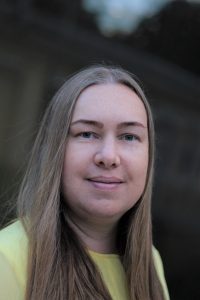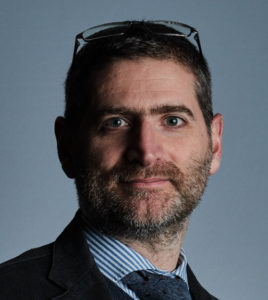Today’s Technologies’ Apparent Neutrality and Freedom of Thought, Conscience, and Religion
 Yulia Razmetaeva is the Head of the Center for Law, Ethics, and Digital Technologies at Yaroslav Mudryi National Law University (Ukraine)
Yulia Razmetaeva is the Head of the Center for Law, Ethics, and Digital Technologies at Yaroslav Mudryi National Law University (Ukraine)
We used to separate social life and face-to-face communications, as well as the country’s political life from what’s going on inside our gadgets. We appear to somehow separate the “people’s world” from the digital one. The truth of the matter, however, is that technologies have become so advanced they’ve embraced every aspect of the “people’s world.” Technologies’ influence is immense.
Having spread far beyond the limits of the digital world, technologies can literally define our lives, and not only in terms of everyday habits and preferences but also concerning issues important to society as democracy, rule of law, and human rights. The Cambridge Analytica case showed how dangerous it is to underestimate the impact of profiling and artificial contradictions in social media on elections. New technologies contribute to the fact that people find themselves in filter bubbles and spend more and more time with people who have similar views, rather than those who have different ones, which leads to narrow-mindedness, tunnel vision, and, therefore, intolerance.


 In this series, we provide different perspectives on religion and judging. Five contributors, academics and a U.S. federal judge explore religious diversity and the judiciary, interplays between religious convictions and judicial ethics, and the role of religion and religious beliefs in professional and personal biographies of judges.
In this series, we provide different perspectives on religion and judging. Five contributors, academics and a U.S. federal judge explore religious diversity and the judiciary, interplays between religious convictions and judicial ethics, and the role of religion and religious beliefs in professional and personal biographies of judges.